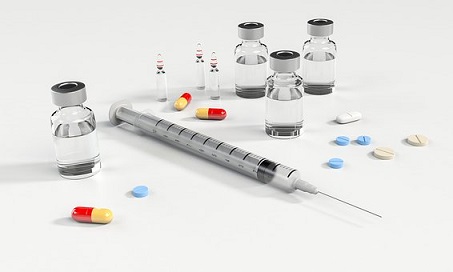
Courtesy of pixabay.com
The daughter of a friend came down with strep throat, recently, and her temperature rose to 104 degrees. Naturally, her parents were worried, so they scooped her off to the doctor. There, she received a dose of antibiotics and a prescription before returning home. Happily, she continues to improve.
When remedies work, we are grateful. Unfortunately, not all of them do. Pharmaceutical companies spend years in research and many dollars to get their products to market. When they succeed, they are reluctant to withdraw a drug after patients report it is ineffective and, possibly, harmful. Three instances come to mind, though there are many.
Not a drug, but a medical implant over which there’s been a concern are the surgical mesh products to treat organ prolapse in women. In 2014, after some research, Public Citizen and other agencies sided with the women who complained. Not until recently, however, has the Federal Food and Drug Administration (FDA) taken the device off the market.
Breast implants are another product where doubts about safety exist. The FDA has refused to draw a conclusion, at this point. Until they do, women who allow surgeons to insert these devices into their bodies are being treated as guinea pigs.
Likewise, concerns about a clinical trial for a drug to treat sepsis falls upon deaf ears. Sepsis is a life-threatening condition that occurs when the body reacts to an infection and causes organ failure. Agreed, treatment is vital. But a current trial, involving 2,320 subjects and funded by the National Initiatives on Health (NIH) shows little promise. Still, the NIH refuses to shut it down. Critics accuse the agency of a conflict of interest and are calling for an investigation (“Public Citizen Renews Call for Suspension…” by Rhoda Feng, PublicCitizen News, May/June, 219, Vo. 30, No. 3, pg. 5)
Drugs, as we know, are double-edged swords. They can save lives and thwart large-scale epidemics. But we also know from the opioid crisis our would-be healers don’t always work in the public’s interest. Simply put, there are two types of medicine being practiced today: medicine that works to elevate suffering and medicine that keeps its eyes on the bottom line.
